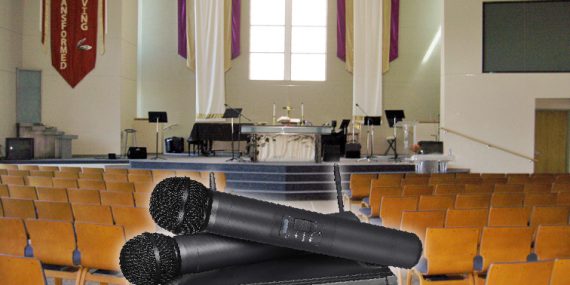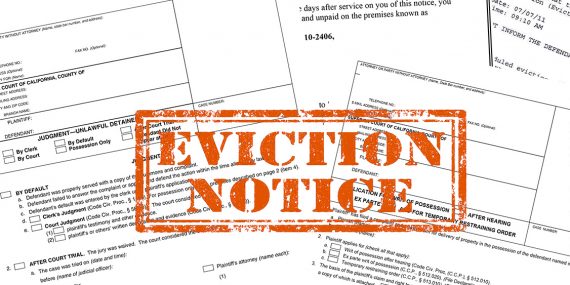COPYRIGHT LAWS
It is probably fair to say they nearly every religious service plays music or sings songs that they did not write. In today’s digital world, information can be obtained from the internet such as music, lyrics, graphics, and pictures with ease. In doing so, few if any think of the possible ramifications of infringing upon the copyrights of another. What follows is a brief synopsis of the rules of law which pertain to the use of copyrighted materials during church services and may not apply to Sunday School or other […]







